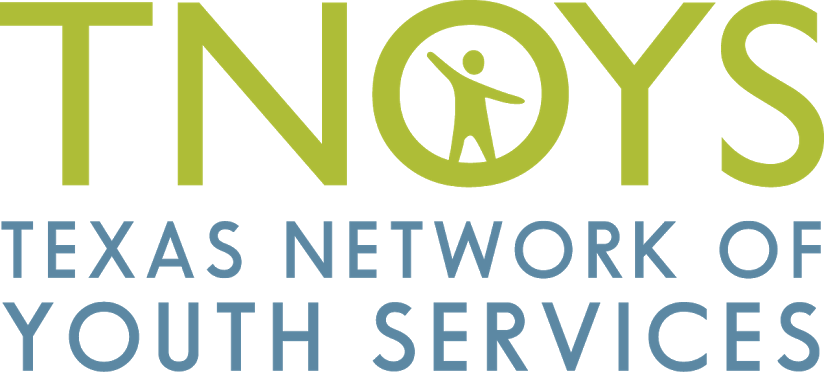The Sunset legislation is the result of five separate reports, each for one of the five health and human service agencies, published by the Sunset Advisory Commission (SAC) from August to December 2014. The purpose of the SAC’s staff review was to determine if the five health and human services agencies’ mission are still needed by the citizens of Texas. The five agencies are:
- Health and Human Services Commission (HHSC),
- Department of Family and Protective Services (DFPS),
- Department of Aging and Disability Services (DADS),
- Department of Assistive and Rehabilitative Services (DARS), and
- Department of State Health Services (DSHS).
The SAC staff identified nine key issues that DFPS needs to address to improve how it delivers its services to stakeholders and clients. They are:
- Efforts to reduce turnover of CPS caseworkers fail to address key reasons many staff leave.
- A crisis culture affects CPS’ ability to focus on day-to-day management activities needed to successfully perform its difficult work.
- DFPS faces significant challenges and risks in its efforts to reform the state’s foster care system.
- DFPS’ enforcement efforts must be strengthened to best ensure the safety of children in regulated care.
- CPS does not capture comprehensive information to adequately address how well it is protecting children.
- DFPS should elevate the importance of its prevention and early intervention efforts and better use existing data to evaluate program effectiveness.
- A lack of administrative flexibility and an antiquated fee collection process limits DFPS’ ability to recover regulatory costs.
- The critical nature of its work to protect children and vulnerable adults imposes a higher burden on DFPS in how it obtains stakeholder input.
- Consider organizational aspects related to family and protective services as part of an overall assessment of health and human services agencies.
In addition to the nine issues and multiple recommendations, SAC staff also recommended in their report about HHSC operations that the administration and operations of all health and human services could be improved if the functions of the other four agencies were consolidated and put under the purview of HHSC. To implement the recommendation to consolidate state health and human services, both House and Senate legislators filed multiple bills.
The decision whether or not to support the Sunset legislation is a complicated one. The argument for further consolidation of the health and human service agencies is that it would bring about more efficiencies and improve operations by eliminating blurred accountability, fragmentation of similar programs and services, and organizational misalignments that impact the delivery of services. The counter argument is that further consolidation puts too much power and control under one person, the health and humans services commissioner. Many would point out that the current effort to consolidate will put the system in a similar structure that existed prior to 2003 when there was a call to decentralize the health and human service system because it was too big and bureaucratic.
The consolidation legislation related to the Department of Family and Protective Services (DFPS) that is proposed (Senate Bills 200 and 206) will mean another major change for the department that will impact how it carries out its main mission of protecting and assisting children and adults in crisis and keeping them safe. Constant change is something DFPS has seen too much of in recent years. A finding The Stephen Group (TSG) pointed out in their thorough review of DFPS and its Child Protective Service’s (CPS) division. Their report (issued prior to the SAC report) says, “Texas’ CPS within DFPS is awash in change.”
Whether consolidation occurs, what is important is that DFPS is able to establish stability, consistency, and to implement the recommendations provided by TSG so that the department’s policies and resources are aligned with the outcomes it wants to achieve. Because having a stable foundation so that services can be provided to families, adults, and children in crisis is what everyone can agree upon.
